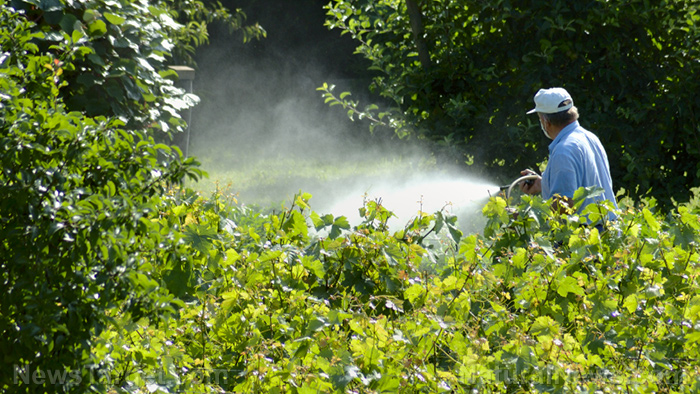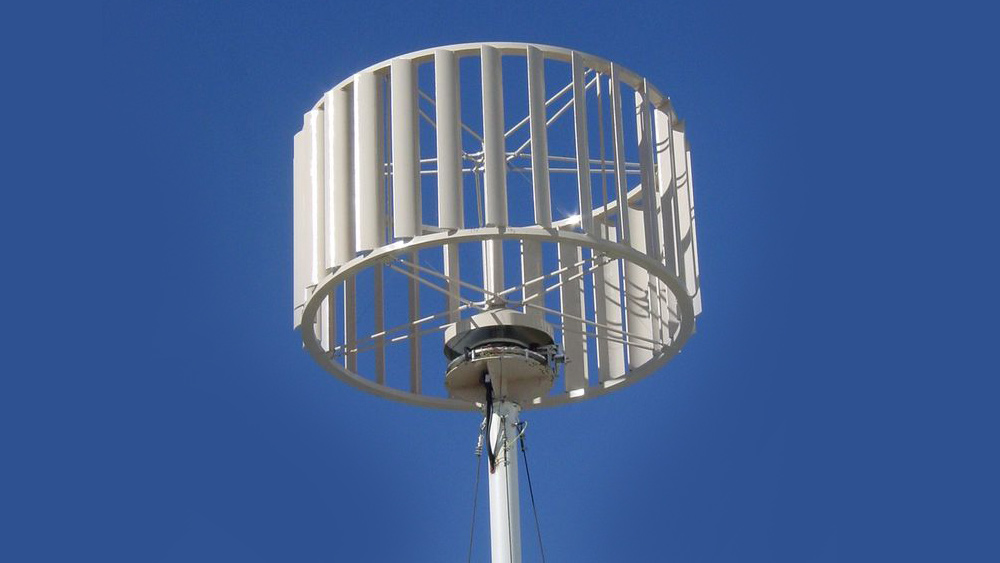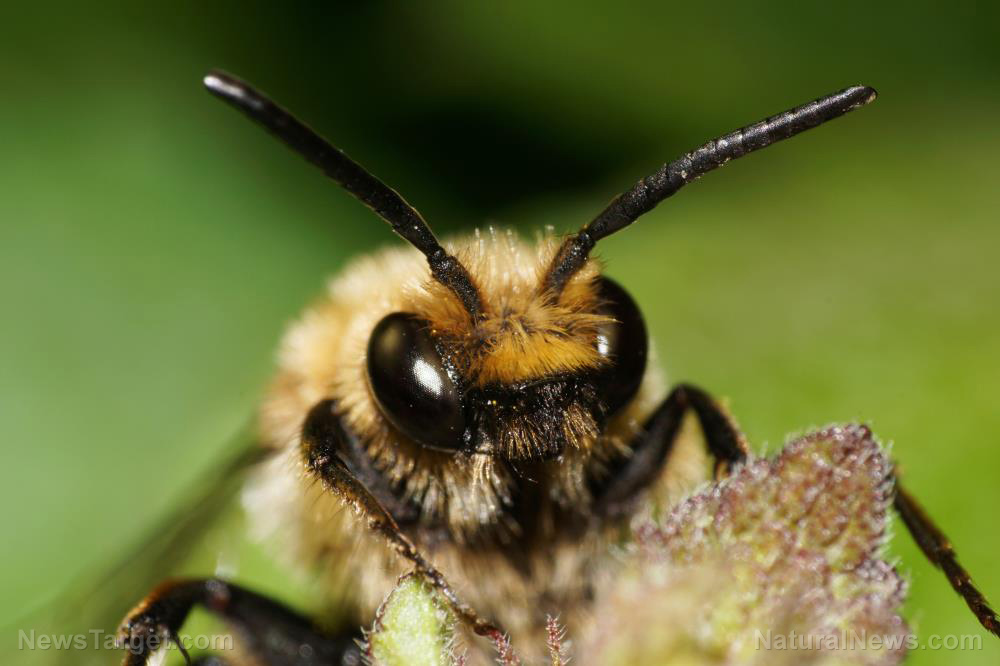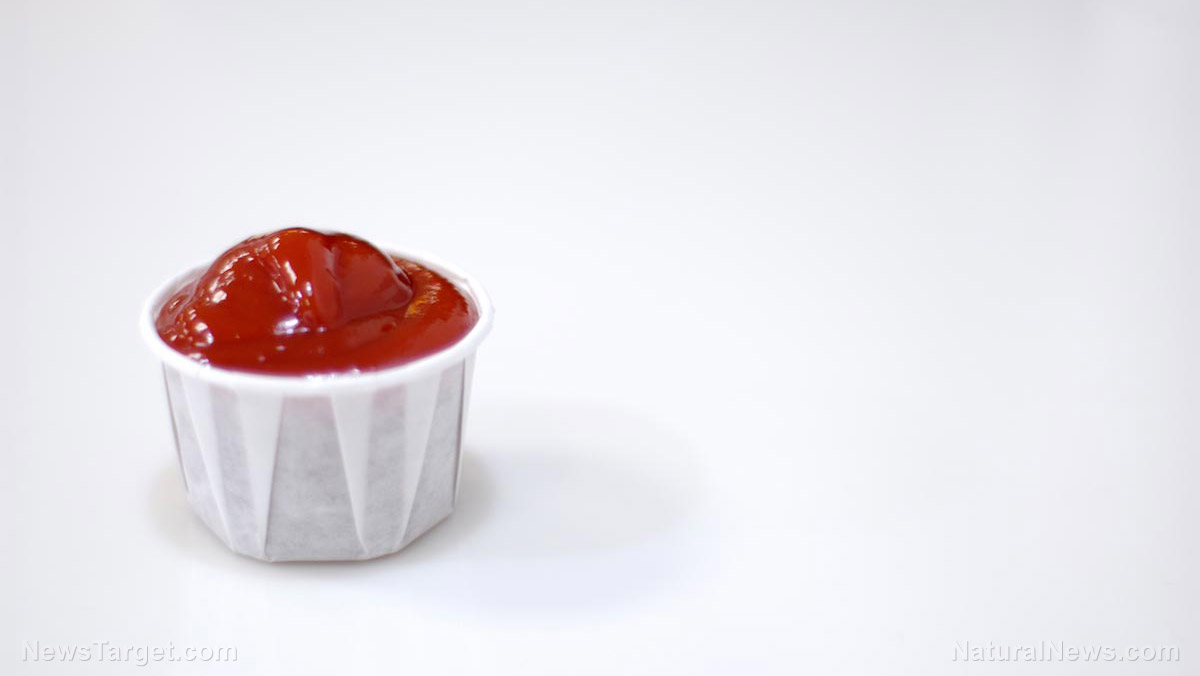Thousands of dead sea creatures washing up on UK beaches in “waist-deep” piles
10/28/2021 / By Cassie B.
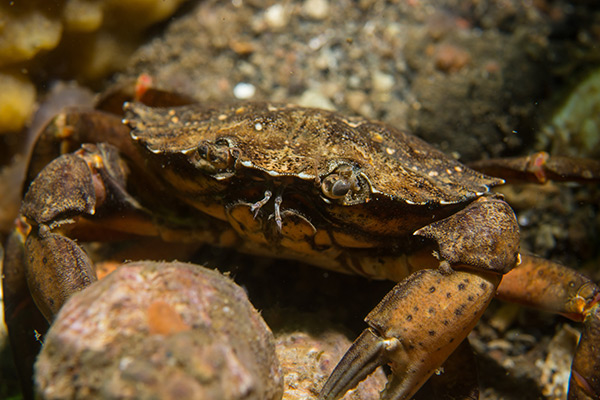
Thousands of dead sea creatures have been washing up on British beaches and collecting in waist-high piles in a phenomenon that has scientists scrambling to find answers.
At several beaches in Teesside, piles of dead crustaceans such as crabs and lobsters can be found lying across the shore. Other sea creatures, such as fish and porpoises, have also been found among the dead.
Area fishermen have reported to the North Eastern Inshore Fisheries Conservation Authority (NEIFCA) that they have not been fishing near the shore there because there is nothing to catch. NEIFCA Senior Environmental and Scientific Officer Tim Smith said that divers have seen dead crabs on the sea bed, while fishermen report that their lobster pots are coming up mostly empty.
Some of the affected beaches include Redcar, Seaton Carew and Seaham.
One woman who walks one of these beaches every day described her shock at finding huge piles of crabs and lobsters, both dead and alive, littered across the beach while out photographing the sunrise.
She told the media: “I have been along my usual walk from Marske to Saltburn and was utterly shocked and saddened to see, in some parts, waist-deep seaweed full of thousands of dead and alive crabs and lobsters, all kinds and species.”
She added that she and her husband tried to return the ones that were still living back to the sea. She said that the issue has been building up over several weeks along the coast and that no one appears to be doing anything about it.
On social media, locals expressed concerns that whatever is killing the wildlife there could kill humans as well, and many residents have said they will no longer let their dogs walk along the shores.

What is causing these mass sea creature die-offs?
Several theories are circulating about what could be causing the problem. A sea life pathologist for Teesside University, Dr. Jamie Bojko, said that he believes a “singular event” is behind the die-off, particularly in light of the fact that so many different species are being impacted.
He stated: “There are a range of things which could explain it, one could be an extreme weather event or another possibility is disease, but it would be odd for it to have an effect on such a range of species, with everything from crabs and lobsters to fish species like dogfish and sharks and sole,” he said.
Last month, hundreds of seabirds were found dead nearby on the shores of Northumberland, although it is unclear if there is any connection.
The Environment Agency is investigating, with a spokesman telling TeessideLive that the government’s marine and freshwater science arm, CEFAS, was conducting tests: “Samples of water, sediment, mussel and crab have been collected and are being sent to our lab for analysis, to consider whether a pollution incident could have contributed to the deaths of the animals. We have also shared samples with CEFAS labs for disease analysis.”
They have also released a phone number people can call to report incidents of pollution they witness.
In addition to disease and pollution, they are also analyzing samples for the presence of certain metals. It is possible that a catastrophic event may have taken place up to a month ago and the effects are just now becoming apparent.
The deaths of the sea creatures are expected to have a knock-on effect on the ecosystem at large given the fact that many other species depend on crustaceans for food.
Sources for this article include:
Tagged Under:

